Corporate Event Management Companies in USA – Ultimate Guide
Meta description: Looking for the best corporate event management companies in the USA? This ultimate guide explains services, pricing, how to choose the right partner, sample timelines, RFP tips, and FAQs—written in a practical, human voice and optimized for featured snippets.
TL;DR (Featured Snippet-Ready)
Corporate event management companies plan and execute business events—conferences, product launches, trade show exhibits, executive retreats, roadshows, and hybrid/virtual programs. To pick the right partner in the USA, match their industry expertise, portfolio, risk management, and budget transparency to your goals. Typical fees range from 10%–30% of total event spend or flat/project pricing, depending on scope, location, and complexity.
What Corporate Event Management Really Covers
If you’ve ever tried to run an all-hands or client summit in-house, you know: the moving parts multiply fast. A US-based corporate event agency acts as your general contractor and creative partner, coordinating:
- Strategy & goals: Clarify business outcomes (pipeline, retention, brand lift).
- Budgeting & procurement: Venue shortlist, vendor bids, contract negotiation.
- Creative & content: Theme, staging, run-of-show, keynotes, hosts/MC, décor.
- Production: AV, lighting, scenic, streaming, teleprompters, speaker rehearsal.
- Attendee experience: Registration, mobile app, badging, VIP/ADA accessibility.
- Exhibits & sponsorships: Prospectus, packages, booth logistics, lead capture.
- Logistics: Travel blocks, rooming lists, ground transport, F&B, security.
- Compliance & risk: Insurance, permits, fire marshal approvals, union rules.
- Measurement: Surveys, NPS/CSAT, lead quality, post-event ROI reporting.
Real-life example: A B2B SaaS brand hosting a 700-person user conference in Austin used an agency to consolidate AV, staging, and décor under one master contract. The agency secured off-peak rigging windows and repurposed scenic elements across keynotes and breakouts, trimming production costs by ~18% while elevating the on-site experience.
Types of Corporate Events (and Who Excels at Them)
- Leadership summits & board meetings: Boutique agencies with white-glove hospitality and NDAs baked into workflows.
- User conferences & sales kickoffs (SKOs): Full-service shops with strong content design, large-scale production, and attendee tech.
- Trade shows & exhibits: Specialists in booth design, labor rules, freight, and lead retrieval.
- Roadshows & field marketing: Regional partners with venue relationships in multiple US metros.
- Hybrid & virtual events: Production-first teams comfortable with broadcast workflows and platform integrations.
Pro tip: Ask prospective partners for three case studies aligned to your specific event type, including goals, constraints, outcomes, and budget bands.
How to Choose the Right USA Event Management Company
Here’s a simple, practical rubric you can apply during vendor selection:
- Industry fit (20%) – Have they executed events in your sector (tech, healthcare, finance, manufacturing)? Regulated industries need proven compliance.
- Operational depth (20%) – Do they own production (AV/scenic) or sub-contract everything?
- Creative + content (15%) – Review mood boards, stage renders, and sample run-of-show.
- Data & integrations (15%) – Can they connect registration to your CRM/MA?
- Risk management (15%) – Insurance, safety plans, vendor vetting, union/venue rules.
- Budget transparency (15%) – Clear pass-through vs. agency fees, and a change-order process you can live with.
What Does It Cost? (Budget Benchmarks)
- Agency fee models:
- Management fee: 10%–20% of total spend
- Production fee: 15%–30% of production line items
- Flat project fee: Based on scope and hours
- Hybrid: Reduced management fee + production markup
- Per-attendee (very rough):
- Internal meeting/retreat: $300–$800
- Roadshow stop: $25k–$150k per city
- User conference (500–1,500 ppl): $1k–$3k per attendee
- Executive summit (50–150 ppl): $1.5k–$5k per attendee
Sample 120-Day Timeline (for a 600-Person Conference)
- 120–90 days: Goals, brief, budget cap, venue hold, RFPs, creative direction.
- 90–60 days: Keynotes and agenda draft, sponsors, registration launch, room blocks.
- 60–30 days: Scenic/AV lock, catering tastings, show flow, speaker coaching.
- 30–14 days: Final BEOs, show scripts, tech checks, exhibitor kits.
- Show week: Load-in, rehearsals, live support, social coverage.
- +7 days: Load-out, debrief, KPI report, content recycling plan.
Compliance, Insurance, and Venue Realities in the US
- Certificates of Insurance (COIs): Venues typically require $1M–$5M liability.
- Union labor: Common in convention centers & hotels—know the rules.
- ADA accessibility: Wheelchair access, assisted listening, alternate formats.
- Safety plans: Crowd, weather, and medical response protocols.
Technology Stack That Actually Helps
- Registration & apps: Cvent, Bizzabo, RainFocus.
- Streaming/broadcast: vMix, OBS, hardware switchers.
- Engagement: Live polls, Q&A, gamification.
- Analytics: Session attendance, dwell time, lead quality.
Red Flags When Vetting Agencies
- Vague estimates without line items.
- No contingency plan for cancellations or tech failure.
- “We can do anything” with no proof points.
- Weak post-event reporting that stops at attendance.
Simple RFP Outline You Can Copy
- Background & goals
- Event format & city preferences
- Expected size
- Scope
- Tech requirements
- Compliance
- Budget range
- Deliverables & metrics
- Decision timeline
A Short Story: From “Nice Event” to “Proven Revenue Driver”
A mid-market fintech hosted user meetups that felt like reunions. After hiring a US agency with strong content design, they shifted to a “customer outcomes” agenda, added sponsor workshops, and integrated badge scans with Salesforce. The result? More demos and a clear pipeline uplift—finally proving events as a growth channel.
LSI/Contextual Keywords to Use Naturally
Corporate event planners USA, business conference planning, executive retreat management, B2B event production, trade show booth design, event marketing strategy, hybrid event services, experiential marketing agency, event registration platforms, AV and staging, union labor rules events, venue sourcing United States, event risk management, event ROI measurement, sponsor prospectus, brand activations, sales kickoff planning, leadership summit, meeting logistics, event creative services.
Frequently Asked Questions
What does a corporate event management company do?
They plan, produce, and measure business events—handling strategy, venue/vendor sourcing, contracts, creative, production, logistics, and ROI reporting.
How far in advance should I book in the USA?
For 300+ attendees or complex production, 4–9 months is typical. Large conventions and peak cities may require longer lead times.
What’s the difference between an event planner and a production company?
Planners manage the whole program; production companies focus on the technical show (AV, scenic, streaming).
How do I measure ROI?
Define KPIs (meetings, pipeline, retention uplift, sponsor revenue), track onsite engagement, and attribute results in your CRM.
Final Checklist Before You Sign
- Clear statement of goals and KPIs
- Transparent estimate with assumptions
- Confirmed insurance and safety plan
- Venue, labor rules, and production schedule locked
- Data flow mapped (registration → CRM/MA)
- Post-event report template agreed
The Bottom Line
The right corporate event management company in the USA blends strategy, creativity, and operational rigor. Use the rubric, timeline, and RFP outline above to evaluate partners. When aligned to business outcomes—not just “a great show”—events become a proven growth channel in your marketing mix.

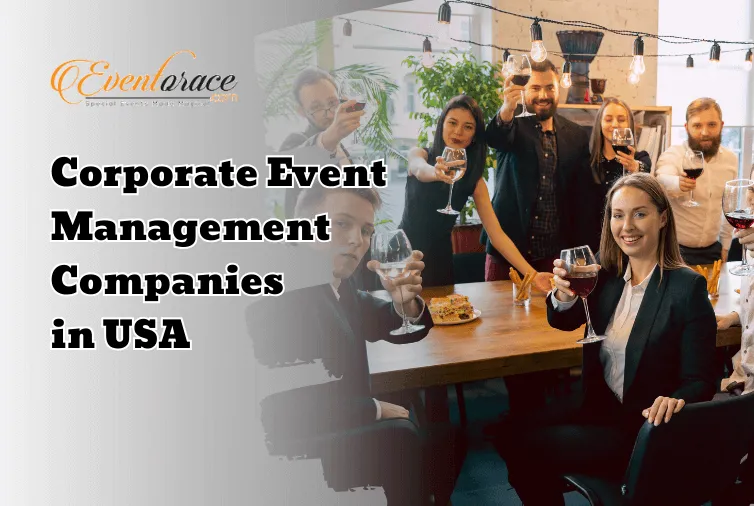
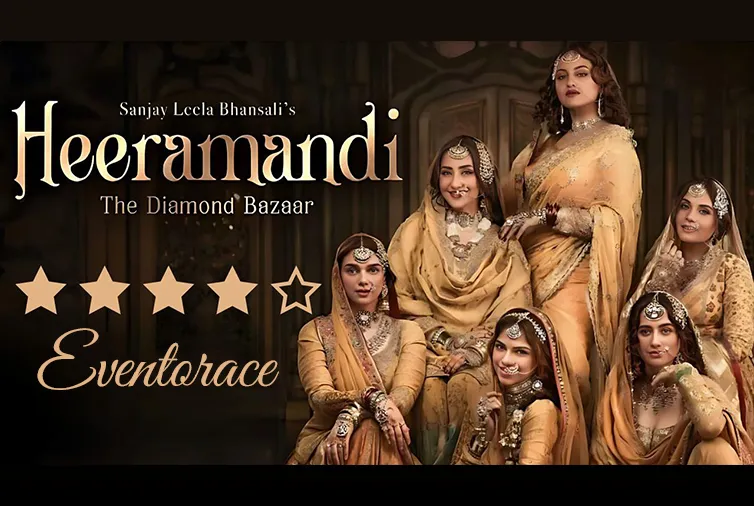

![Best Luxury Wedding Venues in the USA [2025 Guide]](https://www.eventorace.com/uploads/blog/8af9c41d148298bc7df04bf3beb01f871758027086.webp)
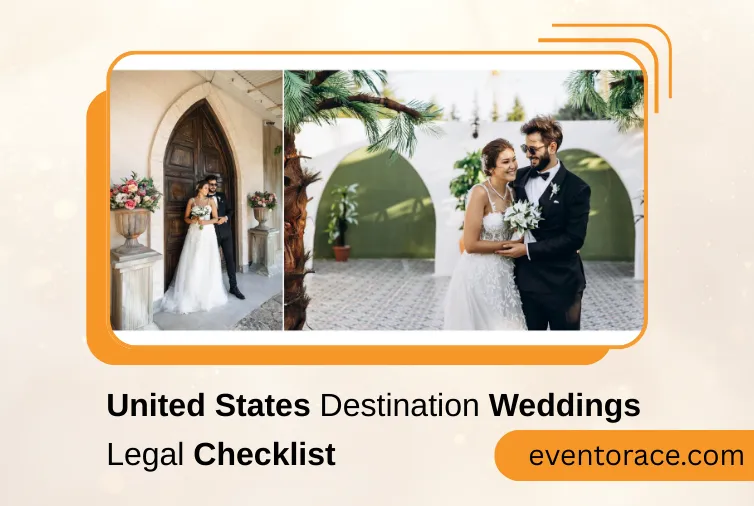

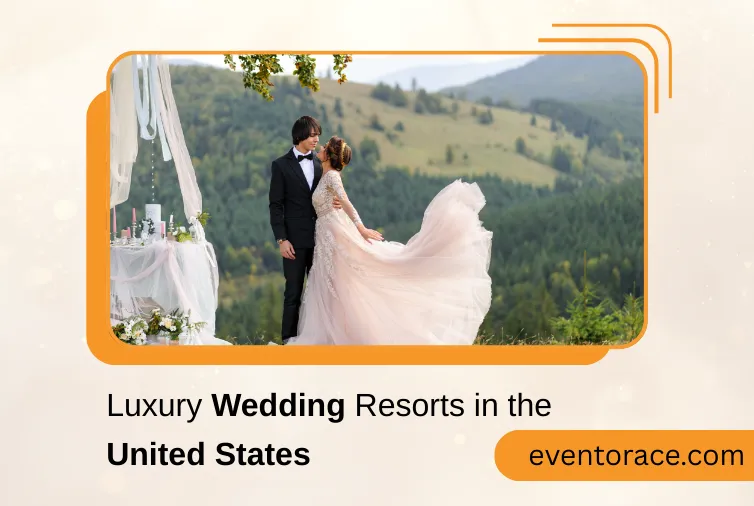
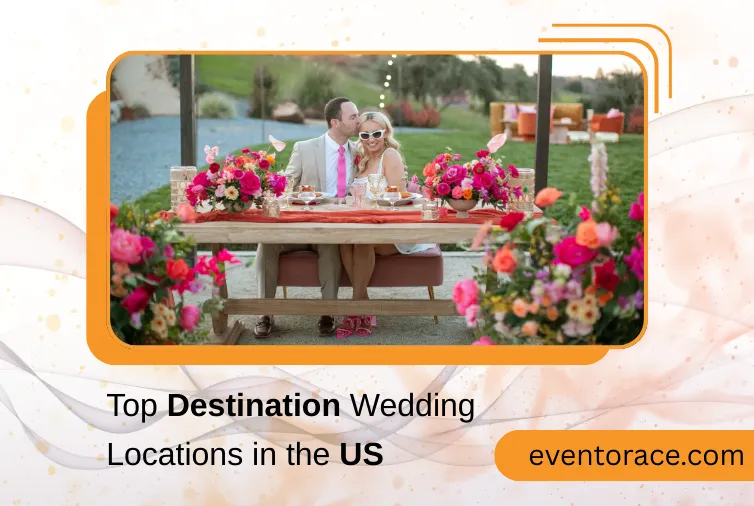

(0) Comments